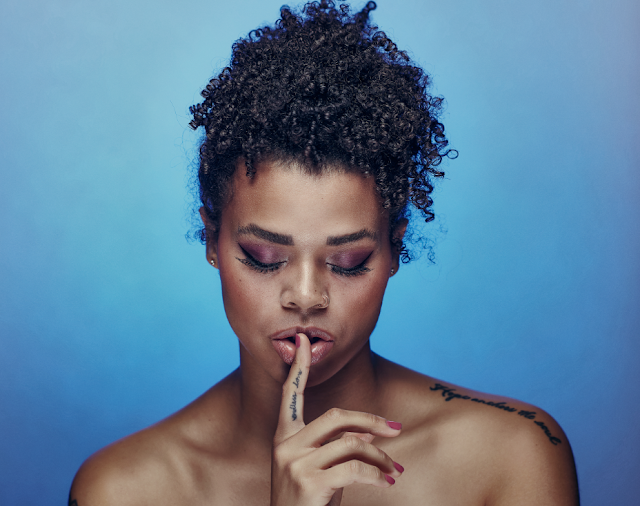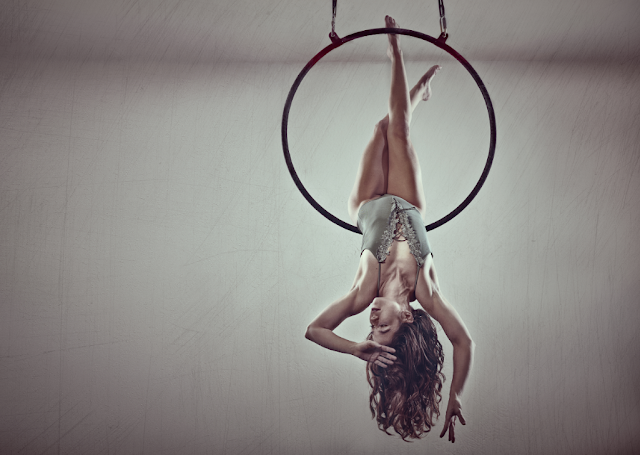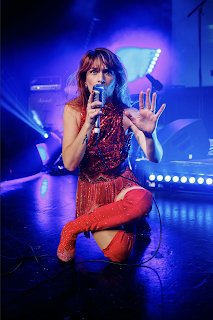An interview with Photographer Sarah Lynn.
Victoria Steinmetz: What made you want to do photography?
Sarah Lynn: I don't have an incredibly inspiring answer to this question. I have always loved taking photos of everything and anything, but I never had the drive to do photography as more than a hobby. One day I decided to go out and play around with my camera and I ended up taking some awesome photos of my best friend and I have essentially been booked ever since! I've always been the person that is taking tons of photos of friends, different angles, making people retake them. I never understood that it could be a full time job when I started playing around with my camera!
Victoria Steinmetz: What’s the best part about being a photographer?
Sarah Lynn: The best part of photography has to be the impact that you make on people. I always leave shoots feeling like I contributed to someone's life in some way.
Victoria Steinmetz: What’s the worst part about being a photographer?
Sarah Lynn: The worst part would have to be learning as you go. There simply isn't a way to know everything when you start photography. I wish I could just know what to do all of the time! I am constantly dealing with new situations, new editing, new light, etc. It's really a tremendous learning process so it's a worst part, but also a great part of the job.
Victoria Steinmetz: Do you like your camera brand and would you change it if you could?
Sarah Lynn: I love my camera brand! I use Canon and have used it religiously since I started photography a few years ago. I have actually been contemplating switching over to Sony. The fact that it's so light, so sharp, and has so many focal points is a huge selling point for me. I have never considered switching brands but if I did, it would be to Sony for sure!
Victoria Steinmetz: What’s your favorite photo and why?
Sarah Lynn: My favorite photo is probably an image I took of a model underwater. It was just an awesome picture and I went completely out of my comfort zone to photograph that!
Victoria Steinmetz: Do you like the pictures you take or are you your own worst critic?
Sarah Lynn: Oh man. Hitting me with the hardest question out there! Lol. I LOVE the photos I take. I am also my own worst critic. As artists, we don't see what our clients see. We see every single imperfection in the light and photo, whereas the client typically has lower expectations for the technicality of the image and more appreciation for the feelings they get through the image. I definitely haven't taken one image that I've hated. Every single photo I take teaches me new things.
Victoria Steinmetz: What's your motivation?
Sarah Lynn: My motivation has to be a mix of myself, and my clients. I say myself because I am constantly motivated to be a better version and keep creating better photos each year. My clients motivate me because I get to see them grow every year. I get to watch their families grow, and be a huge part of their lives.
Sarah Lynn: I actually graduated early from high school and never went to school! I also didn't intend to go to photography school.
Victoria Steinmetz: Did you grow up wanting to be a photographer?
Sarah Lynn: No I didn't! I wanted to model and act. This definitely fell into the media industry but I had absolutely 0 idea that I was going to be a professional photographer!
Victoria Steinmetz: Do you make your own projects on the side?
Sarah Lynn: Definitely. I wouldn't be able to survive in this industry without doing my own fun shoots. It's so important to do shoots for yourself so you don't burn out on client work.


















